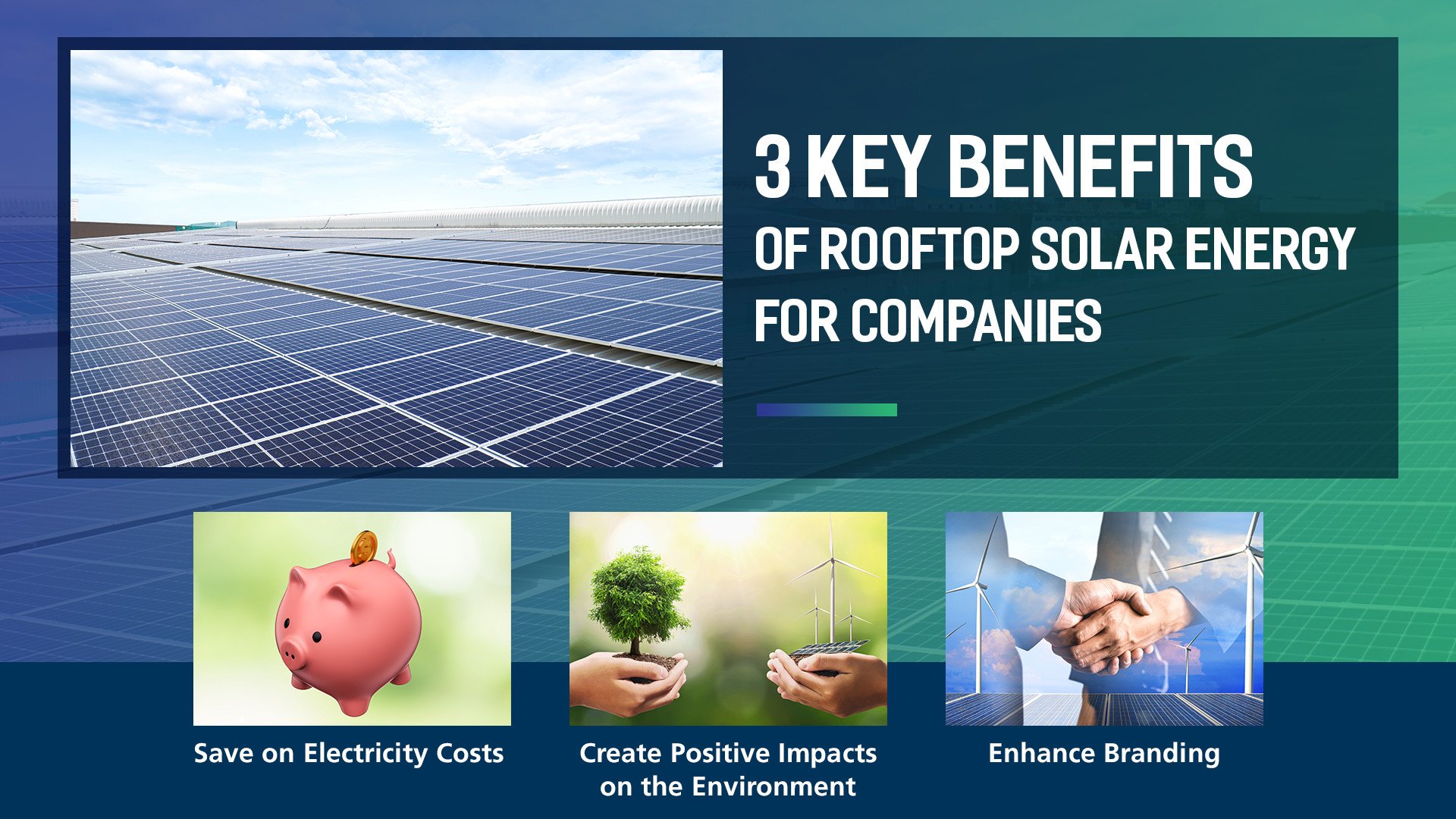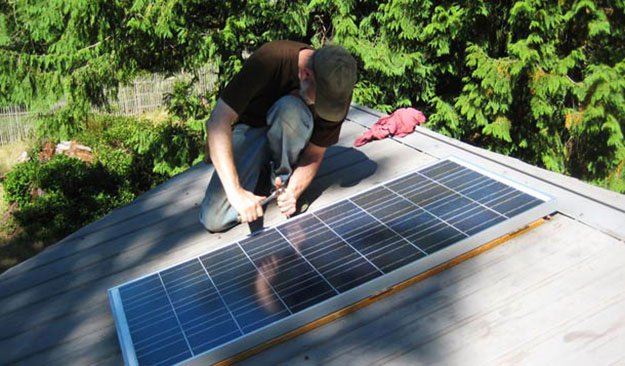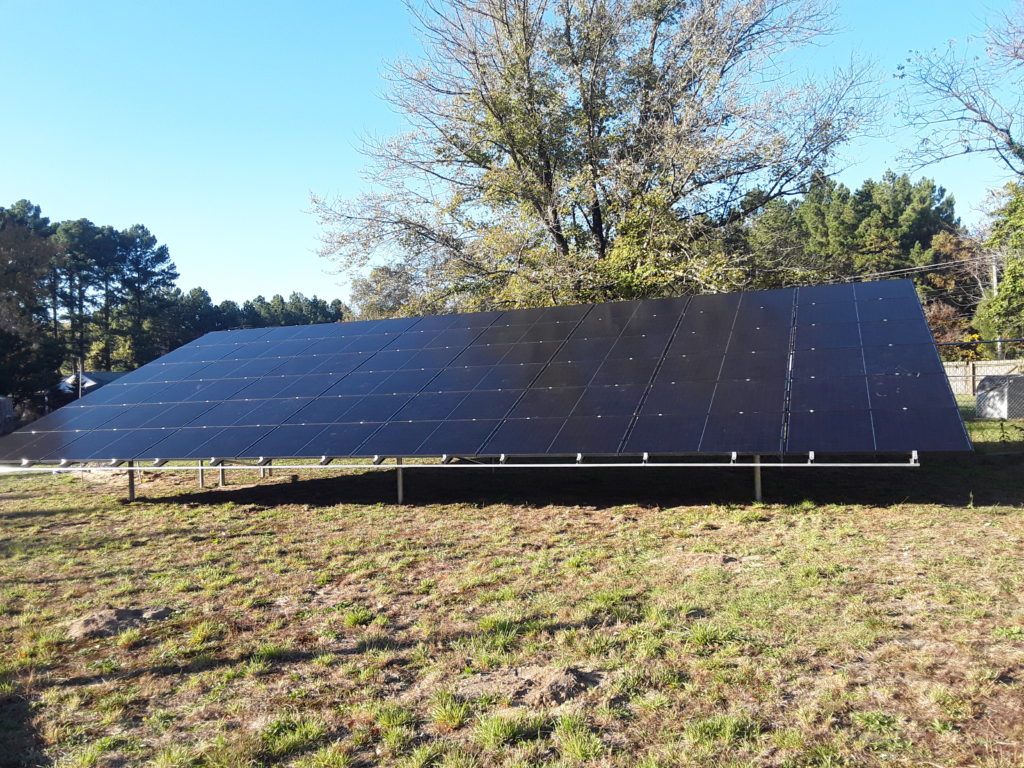
While solar panels might seem costly, it is worth it for many reasons. Solar panels are not only green, but they also produce great energy and can even be paid for. Additionally, solar power offers tax incentives which make it attractive. This article will examine the costs and calculate the ROI of solar panels. This article will hopefully help you make an educated decision.
Solar panels cost
It is important that you keep several things in mind when comparing the cost for solar panels. One thing to keep in mind is the equipment. This can also increase the price. Equipment includes mounting hardware, inverters and metering tools as well as solar panels, batteries, wiring, and mounting hardware. Your solar system will require more equipment the larger it is. Operational costs are involved, such as inspections and monitoring. Even though these aren't considered to be part of the solar panel cost, they add up.
The number of panels you require will determine the price of solar panels. The cost per panel may be high or low depending on the manufacturer. It all depends how large the panel is and where it's installed. However, you should note that most solar companies price their solar panel systems by the complete system, including installation. SolarReviews.org provides information specific to each state from companies that sell solar energy and can help you get a better idea about the cost of a panel.

Period of payback for solar panels
It is vital to understand the payback time when you are considering purchasing solar panel. This calculation considers how much you'll save annually after tax rebates and financial incentives. When you see the savings in your power bills, you will know that you've paid back your investment. Solar panels are a good investment, and the payback time is shorter than you might think.
Because the payback period of solar panels depends on the cost of electricity, you can expect to save hundreds of dollars every year. The payback period varies widely from state to state, but is generally eight to fifteen years, depending on the number of panels. Because solar panels are made to last many decades, a solar energy system may pay for itself within just 8 to 15years of its installation. In Canada, solar panels are typically able to pay for their costs in between eight and fifteen years.
Tax incentives
You should look into federal tax incentives before deciding whether you want to install solar cells on your home. The federal tax credit makes solar energy cheaper and allows you to save taxes on any money spent. But, not all homeowners are eligible for the credits. Some states may allow a partial tax credit, while others may not. It is important to know what the federal tax credit is and how it works before you start looking for the best solar power system.
There are numerous benefits to solar panels. You can increase the property's value. Potential buyers will be more likely choose your home if there is a lower monthly utility bill. A number of states have passed legislation that allows you to claim a tax credit on the property's value when you install solar panels. For example, $25,000 worth of solar panels will not be included in your local tax bill. Solar incentives can be used by businesses, as well. Businesses can use solar panels to provide energy to run their equipment. This tax credit can be used to offset up to 30% of the cost of a PV system.

ROI of solar panels
The solar panel's return on investment (ROI), is affected by many factors. Another factor is how much money you are able to save on your monthly energy bills. These savings will depend on the cost of electricity in your area. Higher utility costs will result in a shorter payback period. There are still ways to increase solar panels' ROI.
Your ROI can be increased by increasing your energy production. The more solar panels that you install, the more you will save energy. You can estimate your ROI by multiplying your projected energy savings by the cost of solar panels. It is possible to have a net install cost. In this case, the money you save through lower energy bills should equal the energy savings. However, if you want to know your ROI of solar panels before you install them, you can calculate the savings per kWh using a calculator.